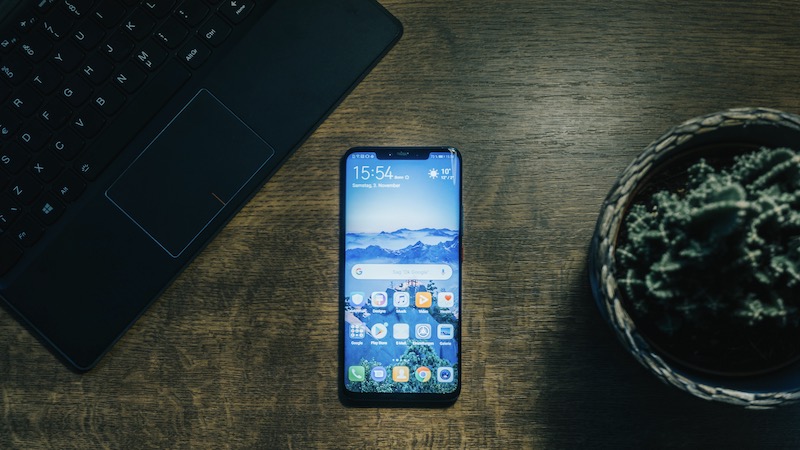The smartphone has become even more important to many people during the Corona crisis – apparently even hackers know that. According to an investigation, dangerous Android apps with malware appear every eight seconds. We show you how you can protect yourself.
The cyber defence company G Data has found out that cyber criminals publish dangerous Android apps with malware every eight seconds.
According to an investigation, this will make more than two million apps in the first six months of 2020. Compared to the first half of 2019, this is ten percent more. So the Corona crisis seems to have fueled cybercrime.
“In the pandemic, the smartphone has once again gained in importance as a digital helper in everyday life,” says Tim Berghoff, Security Evangelist at G Data.
“More people have taken advantage of the possibility of contactless payment with their smartphone. The smartphone is simultaneously a professional communication center, a connection to friends and relatives and also a payment terminal. So good protection is immensely important.
Dangerous Android apps: Criminals rely on fake corona trackers and droppers
G Data’s investigation shows that attackers were happy to rely on fake corona trackers. They lured users with apparently clearly displayed infection figures in real time and other functions – only to then install malware on their mobile devices.
On average, G Data identified more than 11,000 dangerous Android apps per day. So-called droppers are often hidden behind them. Droppers are malicious installation files for Android apps that download and install malicious “Android packages”.
According to G Data, criminals use droppers to protect their malicious code from being detected. These are very complex and expensive to produce.
In addition, criminals should be able to use the installation files to adapt apps to different target groups. For example, they can create games or photo editing apps that children and young people in particular can easily fall for.
They change the outside, so to speak, while the inside – the malware – remains the same.
The dangerous Android apps lurk quite legally in app stores like the Google Play Store. Even the mobile Fortnite version is said to have been loaded with malware.
Beware of cheap smartphones
In addition to malware, G Data also warns against cheap smartphones. Behind the supposed bargains are often devices on which harmful apps are already pre-installed.
These can automatically load dangerous apps overnight or send SMS messages. However, it is not always the manufacturers themselves who are behind these apps, but criminals who act while they are being shipped or at an intermediary.
In order to protect yourself from dangerous Android apps and the like, you should first buy a new, verified device and not be tempted by dubious offers – especially not if you want to buy your child an entry-level smartphone.
If you bought a cheap device and are unsure if it is loaded with malware, you can check if your smartphone has an unusually high battery consumption.
According to G Data, this is a sure sign of malware. Another sign is that banking apps cannot be installed.
Dangerous Android apps: How to protect yourself against malware and the like.
G Data therefore recommends a virus scanner as basic equipment for every smartphone. “It protects users from unpleasant surprises caused by harmful apps,” explains mobile researcher Stefan Decker.
In addition, it can’t hurt to encrypt apps with a password – if you give your smartphone into someone else’s hands every now and then.
And to continue protecting yourself from viruses and spam in everyday apps like WhatsApp, you can look into your privacy settings. We’ve already shown you what’s important in a separate article.










